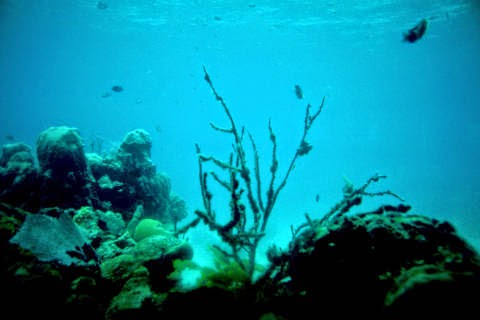Giant Squids — Not Just Legends

Release the Kraken! Anyone for calamari? Well, you can have my portion. However, when it comes to the giant squid, I guess they're not good eats, so stay with the smaller varieties for that . Let the sperm whales dine on them. Giant squids have been elusive (partly because of where they live, deep in the ocean, for which they are well designed) and considered the stuff of fanciful legends because of evolutionary presuppositions. Except for the unlikeliness of them attacking ships at sea, recurring legends like this often have a basis in fact. Creatures did grow larger long ago, and we have not explored all that much of the ocean, really, so it should not be such a surprise that giant squids have been found. What else is down there, I wonder? Tales abound around the world of the existence of awesome creatures and events. For instance, the hundreds of stories of a global Flood, with amazing parallels to the original in Genesis, give strong support to the truth of the Bible’s re...
